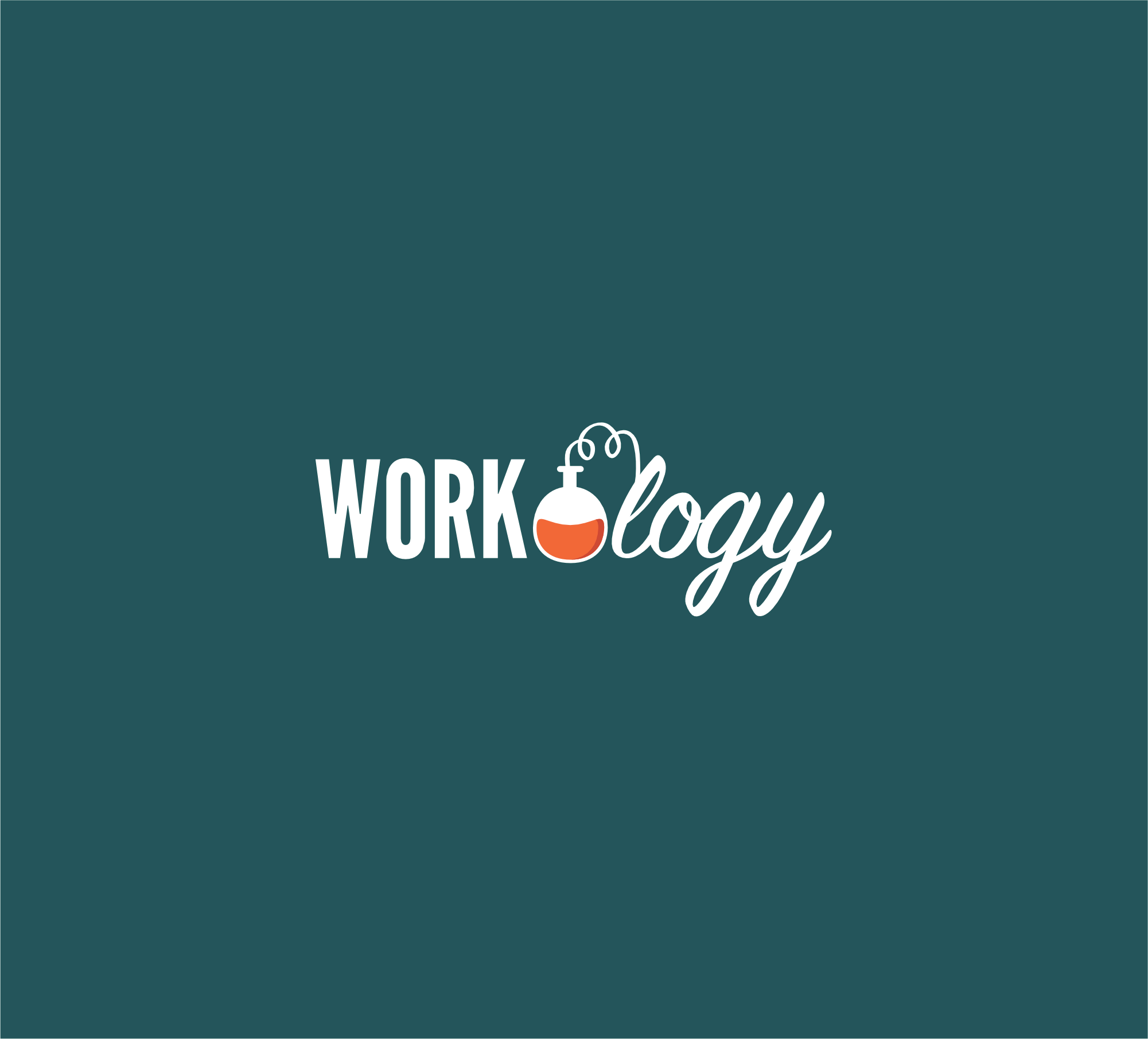Mark your calendars, everyone! June 17 is the start of National Small Business Week, which recognizes the contributions of America’s entrepreneurs and small business owners.
5 Reasons Working for a Small Business Might Be Right for You
Yes, I know what you’re thinking: That’s great and all, but what does it have to do with me and my job search? More than you realize, potentially. More than half of Americans either own or work for a small business. On top of that, small businesses create two out of every three new jobs generated in the U.S. each year.
Have you considered working for a small business? A lot of job seekers haven’t. When thinking about their next position, their minds immediately home in on large, well-known firms. It makes sense. These employers may have hundreds or even thousands of openings at any one time. And there’s a certain allure to working for a household name.
Don’t get me wrong, working for a large company can be great. I work for a global firm, and I love it! But it would be a mistake to focus on these organizations exclusively when you’re searching for employment.
Here are five advantages of working for a small business:
- You can make a difference. Having fewer staff members means that smaller firms need people who are willing to step up and take ownership of projects. If you have an interest in a certain area, chances are all you need to do is raise your hand to get involved. You can play a direct role in turning an idea into action. For professionals just starting their careers, this type of responsibility can be especially valuable.
- You can learn an awful lot. The marketing or IT team at a small firm may be just a single person: you. You alone may be responsible for finding a solution to a business challenge, having at your disposal only scarce resources and a shoestring budget. Your skills will be tested — and strengthened — every day.
- You can be flexible. Smaller firms typically have fewer rules, guidelines and policies, as well as fewer levels of management, than their larger counterparts. That gives you more flexibility in how you approach your day-to-day activities and structure your job.
- You can get in on the ground floor. We all know the stories of mega-firms that started in garages and dorm rooms — as well as the rewards those who helped grow these companies eventually reaped. Yes, very few small firms ever reach Facebook-type size. But expansion is not uncommon. And those who were with the company in its infancy are often first in line for promotions and pay raises.
- You can be part of a great team. If you work for a company that has just a couple dozen employees, everyone will need to rely on each other to get things done. That can lead to extremely strong bonds among colleagues. At the same time, you’ll have visibility that many workers at large firms can only dream of. After all, the president of the firm may sit next to you or be your boss.
Have you ever worked for a small business? What did you like most about it?







